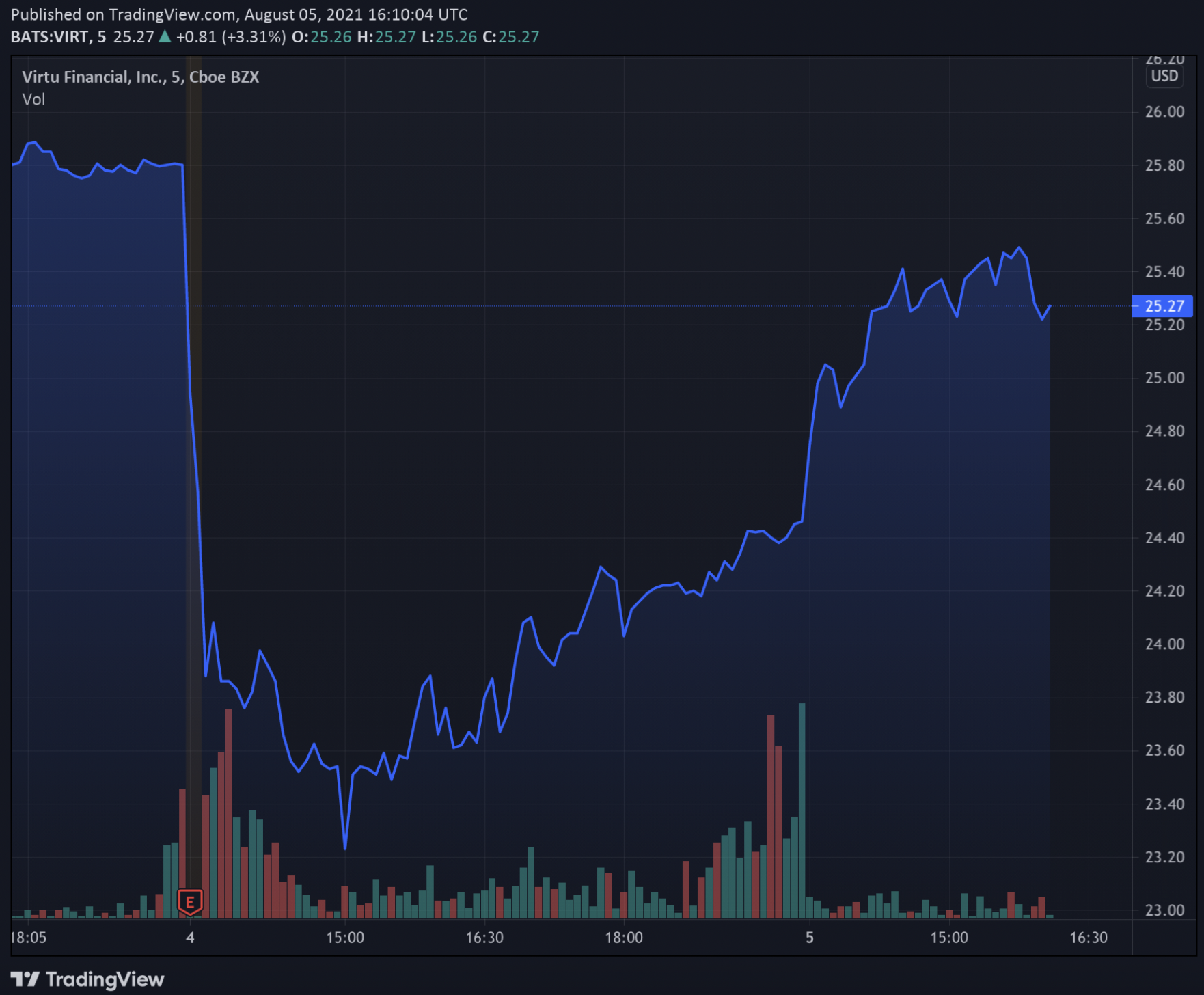Crypto exchange Binance announced Friday that it will no longer offer crypto futures and options trading to users in Hong Kong.
With immediate effect, new users from Hong Kong will no longer be able to open accounts with Binance to trade crypto derivatives. As for existing users, Binance said it will announce a date later, and from that date, users from these countries will have 90 days to close their open positions.
“Binance will be the first major cryptocurrency and digital assets exchange to proactively restrict access to derivatives products to Hong Kong users,” said the exchange.
The move comes just a week after Binance shut down derivatives trading offering for three European countries: Germany, Italy, and the Netherlands. At the time, the crypto exchange said it will gradually wind down the offering across the European region.
Binance recently also ceased its stock tokens trading offering globally amid regulatory scrutiny from regulators around the world. Government agencies in the U.S, the U.K., Hong Kong, Italy, Japan, Thailand, Poland, and the Cayman Islands have recently issued warnings or taken action against the exchange.
Binance has been recently saying that it is committed to compliance measures. The company’s CEO Changpeng “CZ” Zhao acknowledged that the crypto space is now “relatively heavily regulated” and said that Binance has to make a “big pivot from a technology startup into a financial services company.”
Binance is, in fact, looking to set up physical headquarters in multiple jurisdictions, said Zhao. Until now, Binance says it has operated in a “decentralized” manner. Zhao is also open to the idea of having new Binance CEO with a “very strong regulatory background.”
© 2021 The Block Crypto, Inc. All Rights Reserved. This article is provided for informational purposes only. It is not offered or intended to be used as legal, tax, investment, financial, or other advice.
Go to Source
Author: Yogita Khatri
